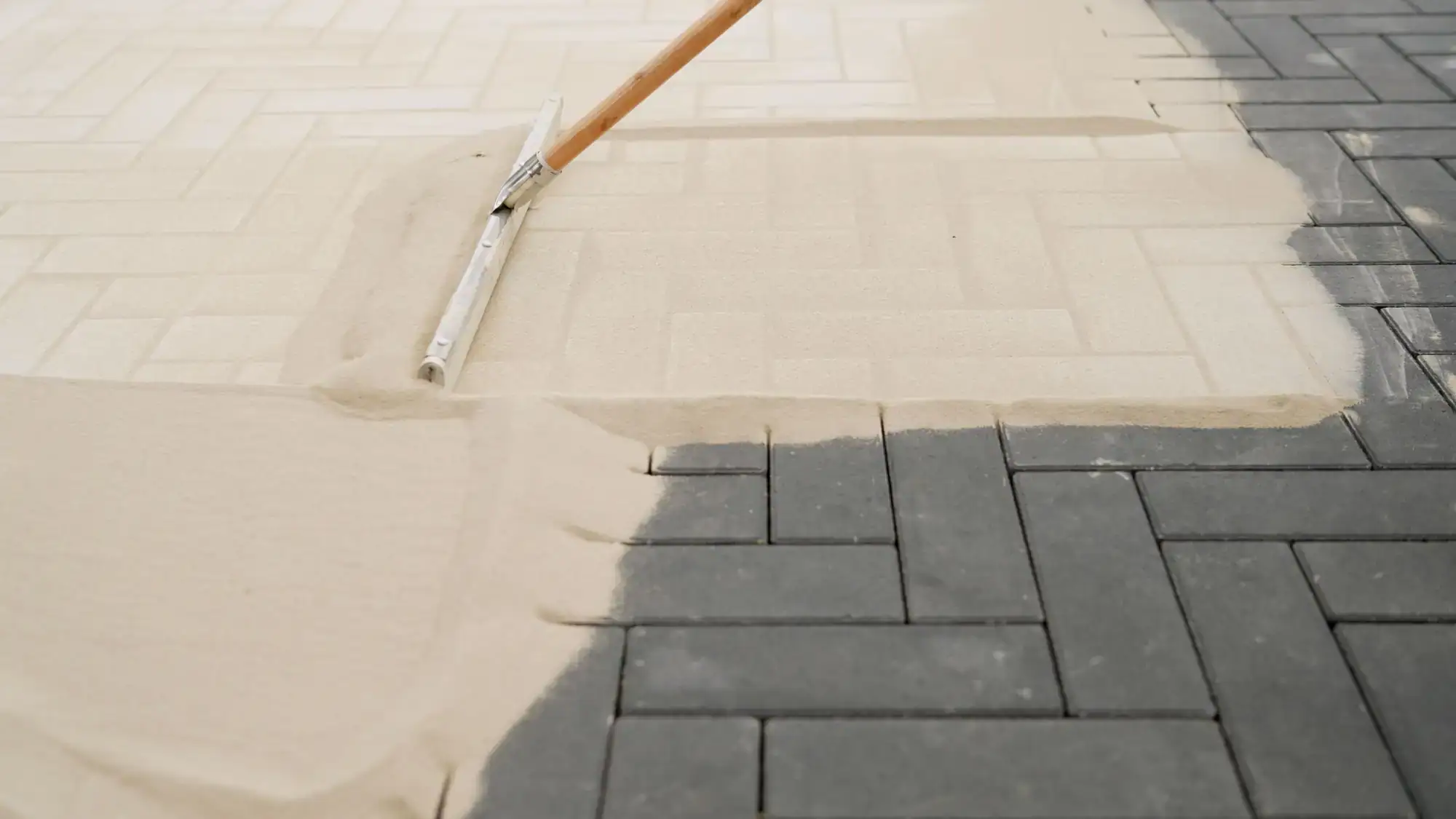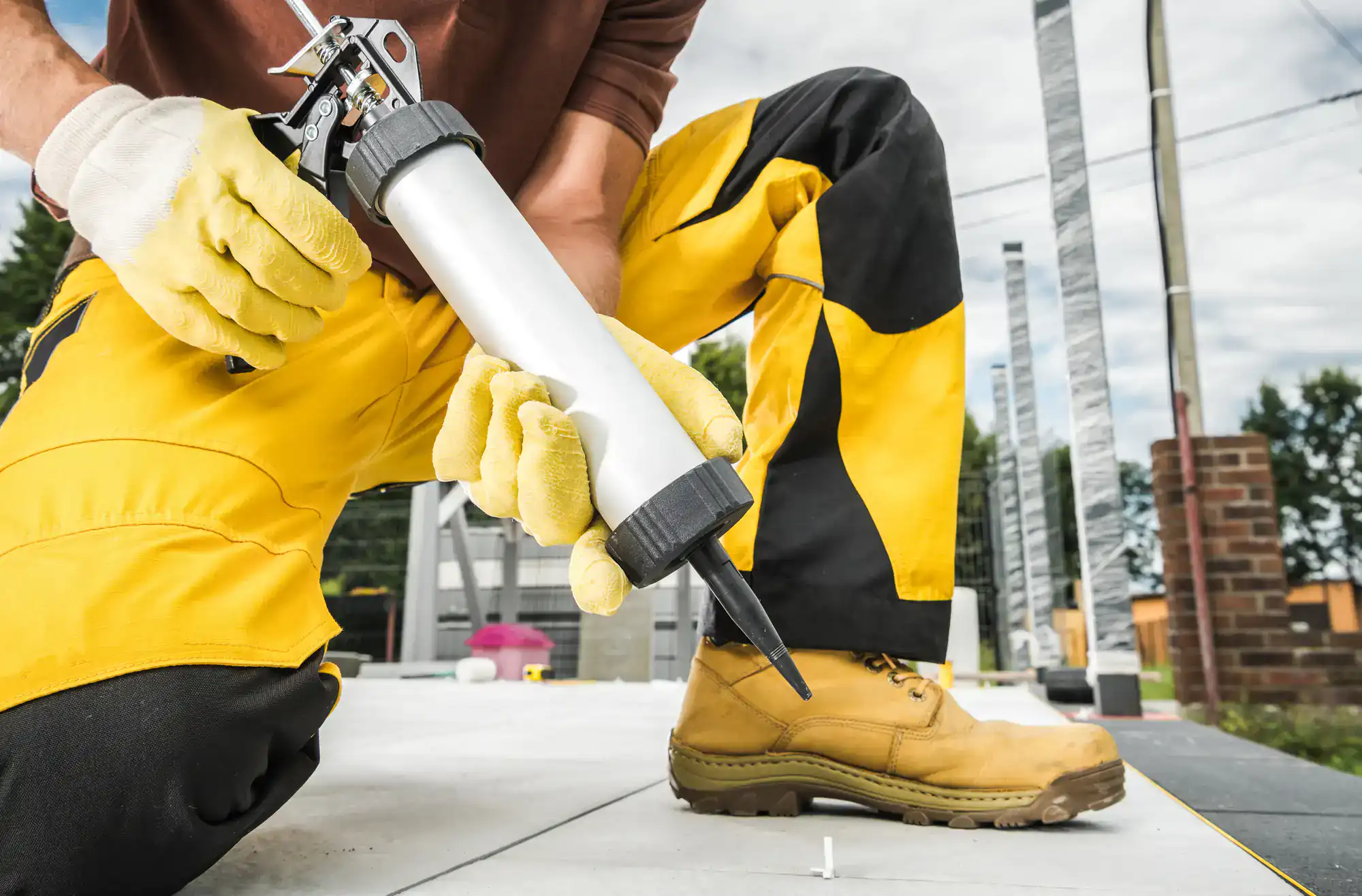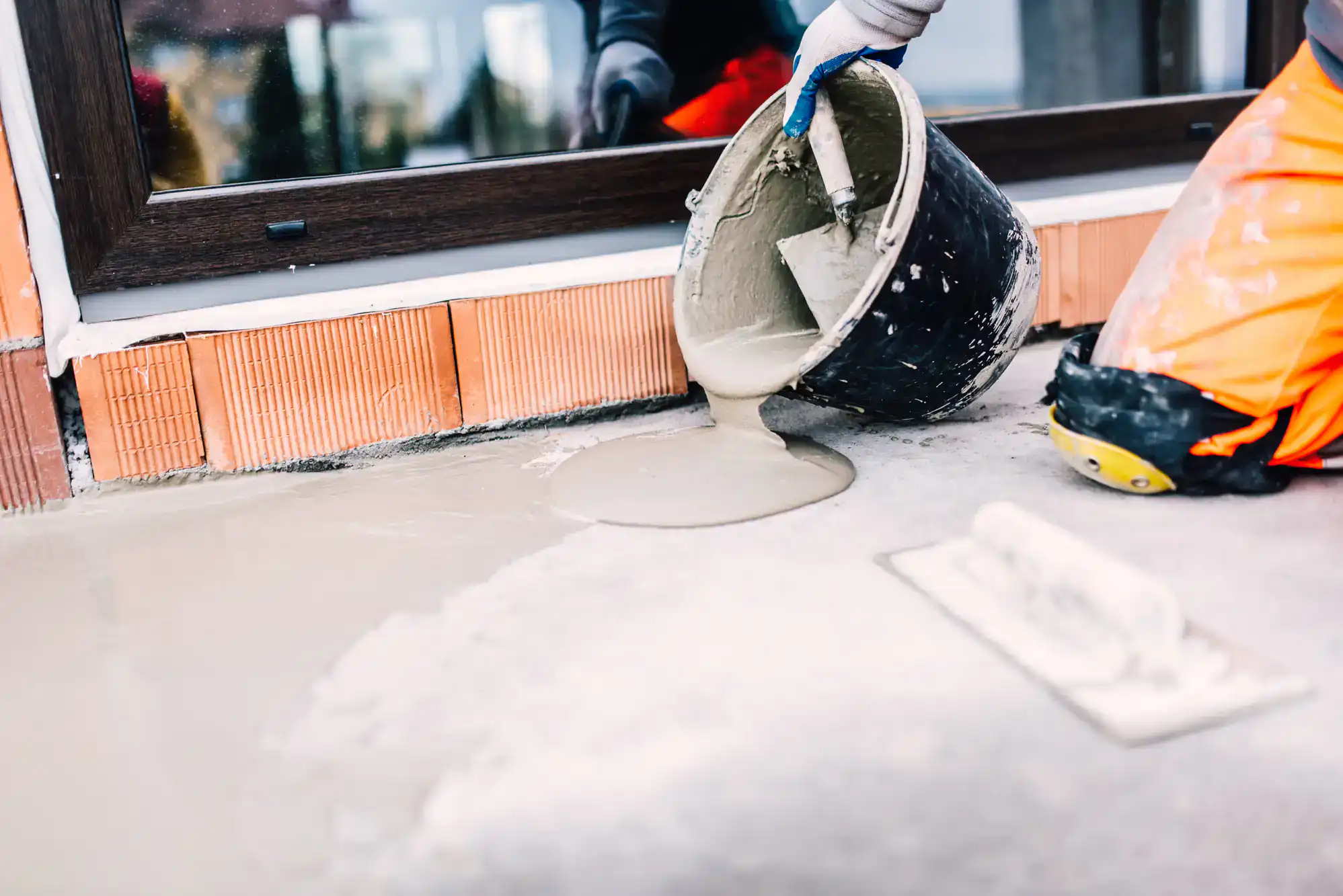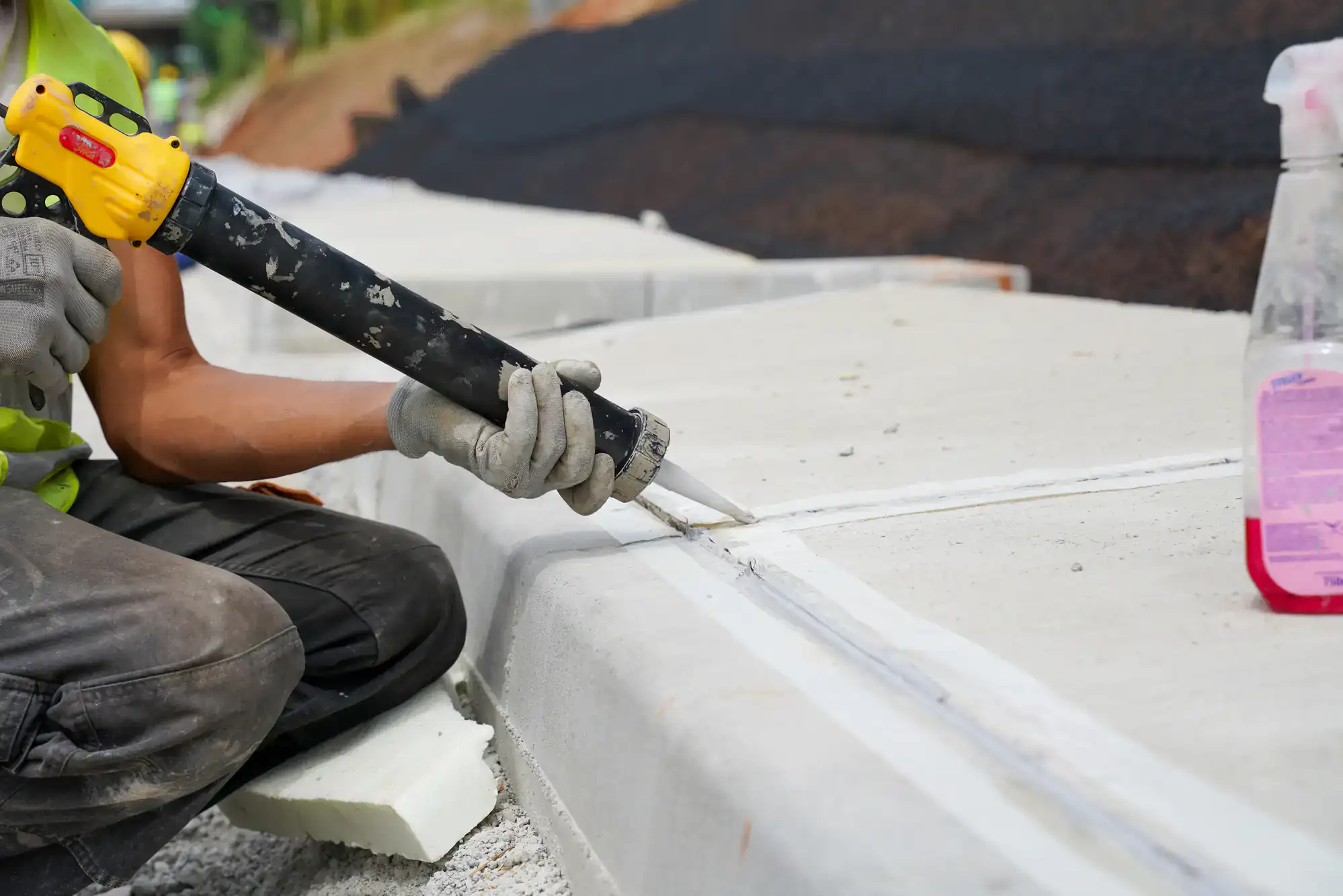Concrete Sealing in Miami Lakes, FL
Stop Moisture Damage Before It Starts
Professional concrete sealing that actually works in Miami Lakes’ 75% humidity climate—protecting your floors from sweating, cracking, and costly repairs.

Hear from Our Customers

Professional Concrete Sealing Miami Lakes
Your Floors Stay Dry and Protected
You won’t deal with slippery, sweating concrete anymore. No more worrying about mold growing under your floors or moisture seeping up through cracks. Your concrete stays protected against Miami Lakes’ relentless humidity and temperature swings.
When we seal your concrete properly, you get floors that handle South Florida’s climate without breaking down. That means no more expensive repairs from moisture damage. No more safety hazards from wet, slippery surfaces. Just reliable, dry floors that work the way they should.
The difference shows up immediately—and lasts for years. Your concrete looks better, performs better, and saves you money on repairs that other property owners face when moisture gets the upper hand.
Miami Lakes Flooring Contractor
We Know Miami’s Concrete Challenges
We understand what Miami Lakes’ subtropical climate does to concrete. We’ve seen the sweating slabs, the failed DIY sealing jobs, and the expensive damage that happens when moisture wins.
That’s why we use professional-grade moisture testing and climate-controlled application processes. We know that Miami Lakes’ 75% humidity levels require specialized techniques that most contractors skip. Our approach works because we treat every job like the science experiment it actually is.
We’ve been protecting concrete in South Florida long enough to know that shortcuts don’t work here. The humidity will find every weakness. The temperature swings will exploit every mistake. That’s why we do it right the first time.

Concrete Sealing Process Miami Lakes
How We Actually Seal Concrete Right
First, we test your concrete’s moisture levels using professional equipment. Miami Lakes concrete often holds more moisture than you’d expect, and we need to know exactly what we’re working with before we start.
Next, we prepare the surface properly. This usually means diamond grinding to open the pores and remove any contamination. Most failed sealing jobs happen because this step gets rushed or skipped entirely.
Then we apply the sealer under controlled conditions. We monitor humidity and temperature throughout the process because Miami’s climate can ruin a sealing job in hours if you’re not paying attention. We use industrial dehumidifiers and climate control equipment when needed.
Finally, we let it cure properly. No shortcuts, no rushing. The sealer needs time to penetrate and bond correctly, especially in humid conditions. Most sealers need 24-48 hours to reach full strength, and we make sure they get it.

Ready to get started?
Long-Lasting Flooring Solutions Miami
What You Get With Professional Sealing
Your concrete gets a moisture barrier that’s specifically designed for Miami Lakes’ climate challenges. This isn’t the same product you’d use in Arizona—it’s formulated to handle 75% humidity and temperature swings from the 60s to the 90s.
We include proper surface preparation, which most contractors skip. Diamond grinding ensures the sealer actually penetrates instead of sitting on top where it can peel off. Professional moisture testing tells us when your concrete is ready for sealing—not just when it’s convenient.
You also get climate-controlled application when conditions require it. Miami Lakes’ humidity can prevent proper curing, so we bring industrial dehumidifiers and temperature control equipment to create the right environment for the sealer to work. This attention to detail is why our sealing jobs last while others fail within months.

How long does concrete sealing take in Miami Lakes’ humid climate?
The actual application takes 1-2 days, but proper curing takes 24-48 hours depending on humidity levels. Miami Lakes’ 75% average humidity means we often need to use dehumidifiers to create optimal curing conditions.
We won’t rush the process just to finish faster. The sealer needs time to penetrate and bond properly, especially in humid conditions. Rushing this step is why many sealing jobs fail within the first year. We’d rather take an extra day and give you a sealing job that lasts for years.
What makes concrete sealing different in Miami Lakes versus other areas?
Miami Lakes’ subtropical climate creates unique challenges that most contractors don’t understand. The 75% humidity levels can prevent proper sealer curing, and the temperature swings from 60s to 90s stress the concrete in ways that don’t happen in drier climates.
We use moisture testing equipment to measure vapor emission rates before sealing. Miami concrete often holds more moisture than expected, and sealing over wet concrete guarantees failure. We also use climate-controlled application processes and specialized sealers designed for coastal humidity. These aren’t optional extras—they’re necessary for sealing jobs that actually last in South Florida.
How do I know if my concrete needs sealing in Miami Lakes?
Look for moisture on your concrete surface, especially during humid mornings or after rain. This “sweating” happens when moisture from below the slab meets humid air above. You might also notice musty odors, which indicate moisture problems that sealing can prevent.
Age matters too. Concrete older than 5-7 years in Miami Lakes typically needs sealing, especially if it’s never been properly sealed before. We can do moisture testing to give you definitive answers, but visible moisture, musty smells, or concrete that feels damp to the touch are clear indicators that sealing is overdue.
Will concrete sealing prevent mold and mildew in Miami’s climate?
Proper concrete sealing creates a moisture barrier that prevents the conditions mold and mildew need to grow. Miami Lakes’ humidity provides plenty of moisture in the air, but mold needs moisture in the concrete itself to establish colonies.
Our sealing process includes antimicrobial additives when needed, and we seal both the surface and any cracks or joints where moisture can enter. The key is stopping moisture before it gets into the concrete, not trying to deal with it after mold has already started growing. Prevention through proper sealing is much more effective than trying to treat mold problems after they develop.
How long does concrete sealing last in Miami Lakes’ humid environment?
Professional concrete sealing typically lasts 5-10 years in Miami Lakes when applied correctly. The humid climate is harder on sealers than dry environments, but proper surface preparation and climate-controlled application make a huge difference in longevity.
DIY sealing jobs often fail within 1-2 years because they skip the surface preparation and don’t account for humidity during application. We see these failures regularly. Professional sealing costs more upfront but lasts much longer because we control all the variables that cause premature failure in South Florida’s climate.
What happens if I don’t seal my concrete in Miami Lakes?
Unsealed concrete in Miami Lakes will absorb moisture from the humid air and from below the slab. This leads to “sweating slab syndrome” where moisture condenses on the surface, creating slip hazards and perfect conditions for mold growth.
Over time, the moisture causes concrete to crack and deteriorate. Salt air from the coast accelerates this process. You’ll also deal with musty odors, potential health issues from mold, and expensive repairs that could have been prevented. The cost of sealing is much less than the cost of replacing damaged concrete or dealing with mold remediation.
Other Services we provide in Miami Lakes





